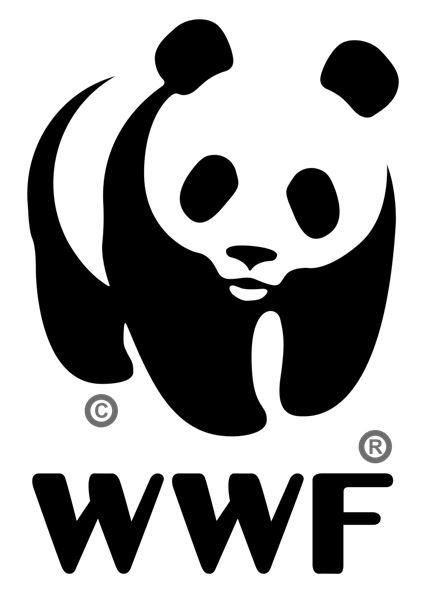- The urgent need to clear alien invasive vegetation to improve water flow and secure biodiversity in our catchments. Estimates are that South Africa loses 1.4 billion cubic metres of water to alien invasive vegetation each year.
- The many opportunities there are to develop a “catchment economy” in rural areas. Alien invasive clearance not only generates jobs but also supports local industries to process products such as biochar and mulch. There are also opportunities for restoration work through the cultivation and replanting of indigenous plants.
- Finally, the “journey” will highlight the critical need for strategic partnerships involving many players, including landowners, government, communities, non-profit organisations and corporates, to address a crisis in governance in our water source areas.
Says Christine Colvin, head of WWF-SA’s Freshwater Programmes: “Our experience has shown that funding alone cannot secure our water future. We are facing a crisis of governance in our water source areas and this requires a governance solution. The need to secure our water source areas is of national importance. “We have formed effective partnerships in landscapes such as the Riviersonderend and Breede River where stakeholders have been able to collaborate and get the job done together. And we’ve learned some important lessons about how to bring in additional resources to build and strengthen what we have on the ground.” Research shows that 10% of South Africa’s surface area generates half of the water in our rivers yet most of these areas enjoy little or no protection. The Journey of Water aims to reverse this situation by creating awareness and reminding us that “water doesn’t come from a tap”. The Journey of Water, which takes place every two years, brings together a group of influential South Africans who traverse a water catchment area as a way of opening their eyes to the many challenges facing water security in this country. In the process, they are encouraged to share their experiences and insights with their own audiences.
- The 1stJourney of Water was held in Cape Town in November 2013. Participants walked from the Berg River Dam in the Boland Mountains to Cape Town over a period of four days.
- In May, 2015, a 2nd Journey of Water took place in KwaZulu-Natal starting in the headwaters of the Umgeni River in the Drakensberg and ending in Pietermaritzburg, the starting point of the world famous Dusi Marathon.
- The 3rdJourney of Water in 2017 started in the Mabola Protected Environment near Wakkerstroom on World Environment Day to highlight the risks posed by a proposed underground coal mine in the area and ended at the Jozini Dam.
- The Journey of Water 2019 starts in Greyton on 11 March and ends at Houw Hoek on 13 March in the Boland Water Source Area.
Follow the #journeyofwater on social media and read more about the campaign at www.journeyofwater.co.za
Distributed by APO Group on behalf of World Wildlife Fund (WWF).
Media files

Download logo
)
)
)
)
)
)
)